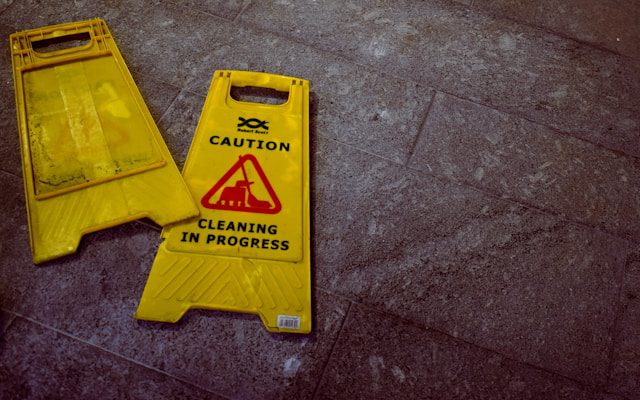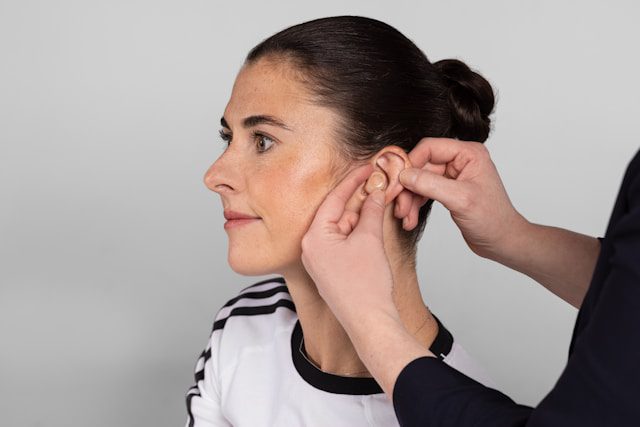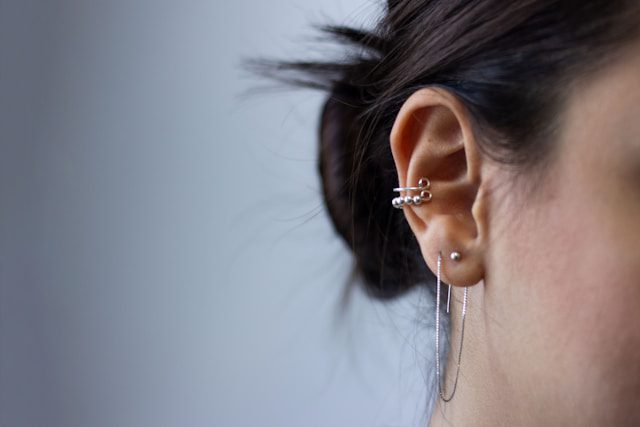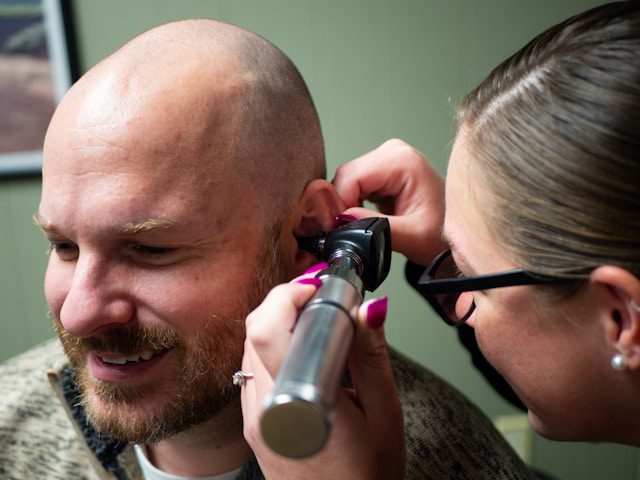Ear Wax – a natural part of hearing health – but sometimes a bit of a nuisance!
When we think about hearing, ear wax probably isn’t the first thing that comes to mind. But this sticky substance plays a surprisingly important role in keeping our ears healthy. So what exactly is ear wax – and what should we do about it when it builds up?
What Is Ear Wax?

Ear wax, or cerumen, is a natural substance produced by glands in your ear canal. It’s made from a mix of dead skin cells, oils, and sweat. It might not sound very appealing, but ear wax has an important job:
️ Protecting – It traps dust, dirt, and even tiny insects, preventing them from reaching your eardrum.
Fighting infections – It has antibacterial properties to help prevent infections.
Moisturising – It keeps the delicate skin inside the ear from becoming dry or irritated.
In short, earwax is a self-cleaning, protective barrier for your ears.
Here is a fun YouTube video which explains Earwax from Colossal Cranium
Why Do Some People Get a Buildup?
Most of the time, earwax works its way out of the ear naturally, helped along by chewing and jaw movement. But sometimes it doesn’t leave the ear canal as it should. Common reasons for buildup include:
-
Using cotton buds (which can push wax further in)
-
Wearing hearing aids or earplugs regularly
-
Naturally narrow or curved ear canals
-
Overproduction of wax, which can happen as we age
If earwax builds up, it can cause symptoms like:
Muffled hearing
A feeling of fullness in the ear
Ringing (tinnitus)
Earache or even dizziness
How Can You Clear Ear Wax Safely?

Don’t stick anything in your ears. That includes cotton buds, fingers, hair pins or anything else – these can cause damage and push wax deeper.
Here are some safer ways to manage ear wax:
1. Let It Be
If you’re not having any symptoms, leave it alone. Most ear wax clears naturally without any need for treatment.
2. Use Drops
Over-the-counter ear drops (like olive oil or sodium bicarbonate drops) can soften wax so it can work its way out more easily. These are safe for most people if used as directed.
3. See a Professional
If wax is causing problems, your GP or a trained ear care specialist can safely remove it. They might use:
-
Microsuction (gentle suction to remove wax)
-
Irrigation (flushing with warm water)
-
Manual removal with special tools
Always seek advice before trying anything new, especially if you have a perforated eardrum, ear infection, or wear hearing aids.
Hearing Aids and Ear Wax
Hearing aid users are more likely to experience wax build-up, which can affect both hearing and the performance of the devices. Regular ear checks and hearing aid cleaning are essential to avoid feedback, blockage, and discomfort.

Final Thoughts
Ear wax might not be glamorous, but it’s a natural and important part of ear health. Understanding how it works – and knowing when to seek help – can make a big difference, especially if you’re managing hearing loss or using hearing aids.
When in doubt, leave it to the professionals. Your ears will thank you.
For lots of other interesting facts about healthy hearing please see Hearing Ambassadors Healthy Hearing Hub












